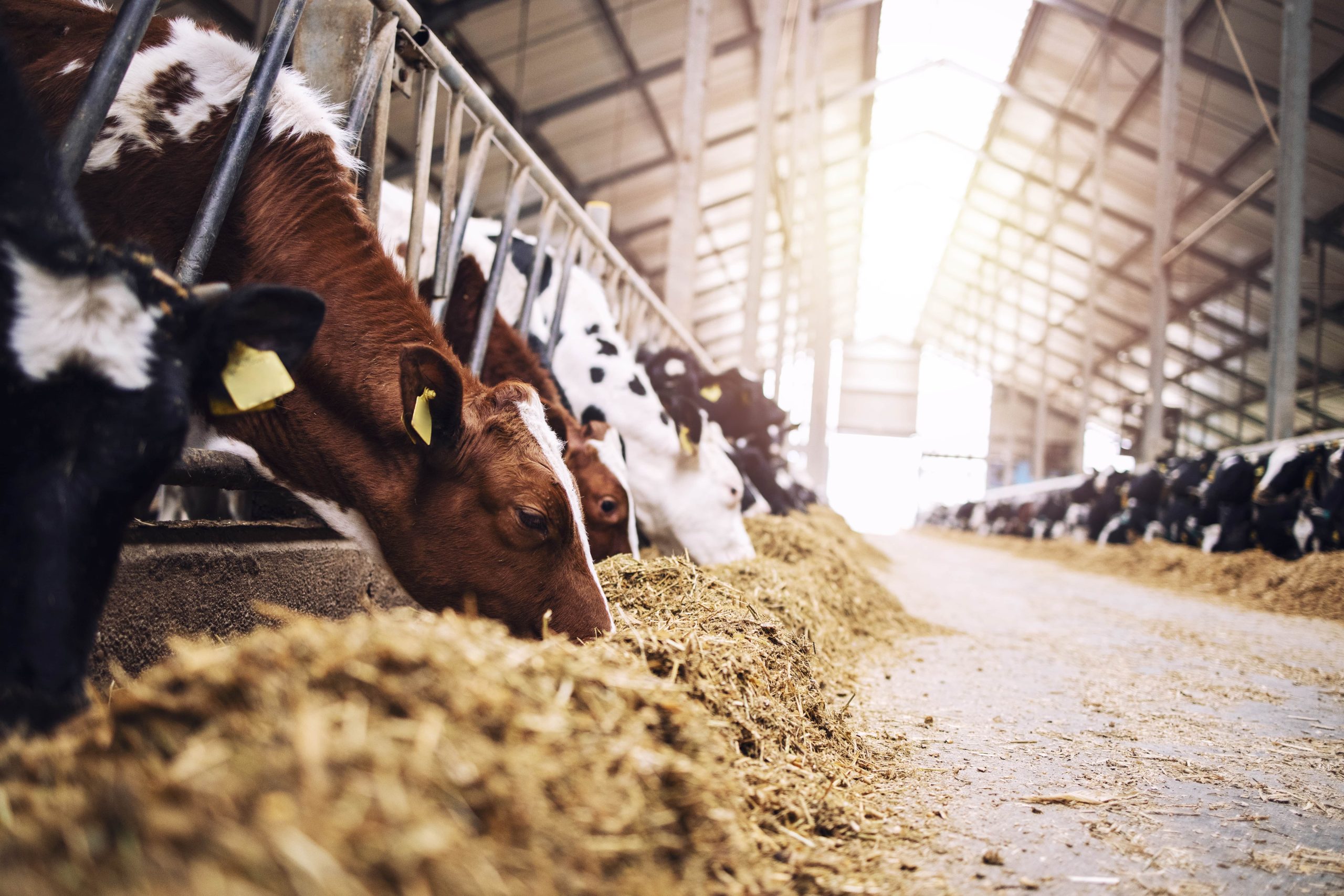ProTerra Webinar Series 3 – Circular agro-food systems: the role of livestock in sustainable supply chains and tools to address challenges

ProTerra Foundation held a webinar session, on May 10th, to talk about Circular agro-food systems focusing on the role of livestock in sustainable supply chains and tools to address these challenges.
The session was recorded and can be downloaded together with the presentation at the bottom of the page.
Emese van Maanen started the session with a brief introduction about the ProTerra Foundation and presented the updated certified soy and sugarcane volumes.
Subsequently, the floor was given to Frank Gort, Program Manager Sustainable Innovation at Nevedi [1] (Dutch Animal Feed Industry Association), who introduced the challenges in feed supply chains. Nevedi’s strategy focuses on helping to achieve a sustainable, climate friendly, circular agriculture that is internationally leading and based on cooperation along the supply chains. Deforestation and carbon footprint were mentioned as the main challenges companies face in their regional and global markets and in their procurement. He suggested the following strategy to overcome these challenges:
- Increase cooperation and celebrate success.
- Be open and learn from failures.
- Coordinate actions on various levels.
- Use an integrated approach to prevent trade-offs.
Afterwards, Jean Louis Peyraud, from the French National Institute for Agriculture, Food, and Environment (INRAE)[2], thoroughly discussed the role of livestock in sustainable supply chains with particular attention to circularity and mitigation of livestock farming shadows in order to maximise its positive contribution. He demonstrated a comparison of agricultural areas and animal density in different regions of Europe. Jean-Louis then presented a new paradigm for the future of livestock farming, concluding that circularity may provide a new ambition and new challenges for the livestock sector. Animals are recyclers by nature and, at the same time, they provide a range of societal goods and services. A systematic thinking is needed to address food and nutrition security where livestock, crops and soils complement each other.
Lastly, Heleen van den Hombergh, Senior advisor agrocommodity governance, Lead Responsible for value chains at IUCN[3], talked about smart combinations as the way to go in soy governance, specifically about how to match efforts to achieve real progress. The great challenge is to make scale in terms of production and sustainability efforts, while assuring quality. She mentioned that there are 3 wheels in the governance of soy, as follows:
- Resource efficiency (feed, land use and protein efficiency);
- Chain responsibility – conversion free beyond certification / certification and verification beyond conversion free;
- Landscape governance.
It is a collective effort that includes dealing with public pressure while striving for sustainability. She drew the attention to the Collaborative Soy Initiative (CSI) that connects insights, initiatives and tools to reach 100% conversion free sustainable soy worldwide. CSI brings stakeholders together through “Meta Meetings”, working groups and webinars.
We would like to thank all presenters for this learning opportunity and for providing such useful information.
The recording of this webinar is available HERE and the presentation HERE.